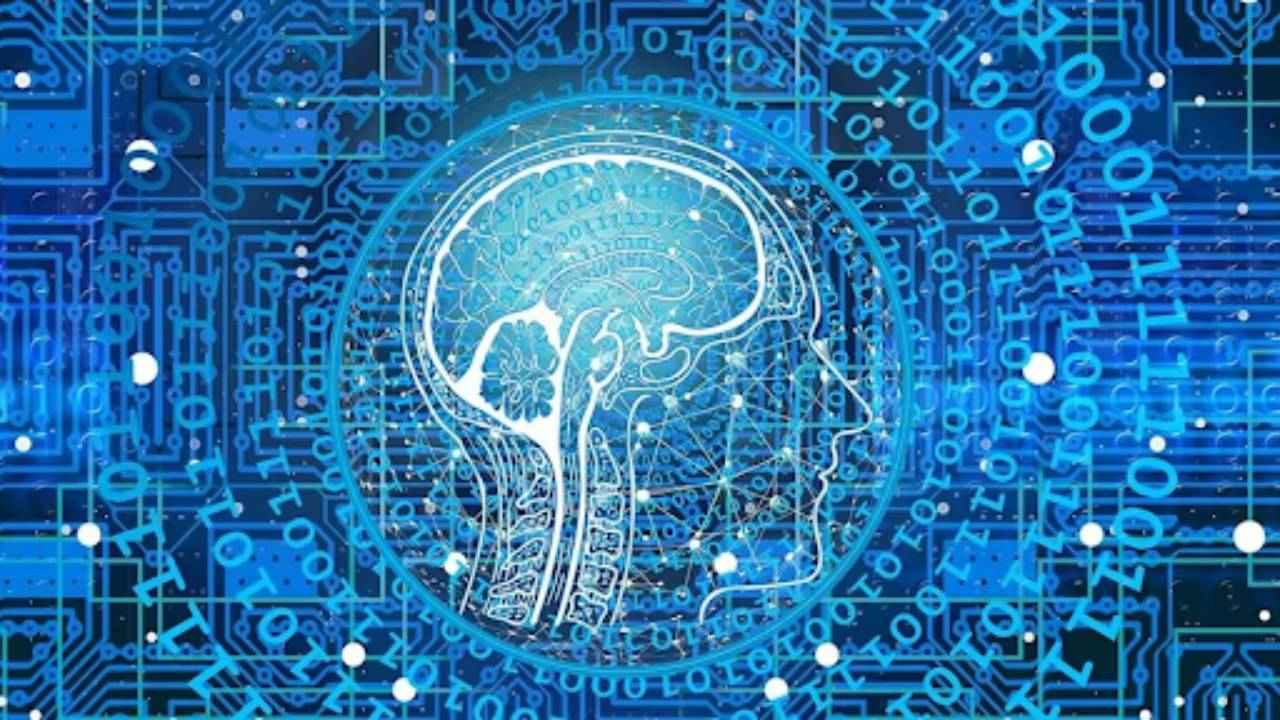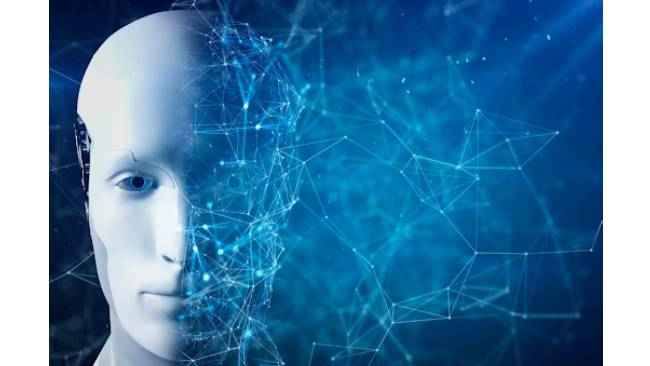Should AI tools be regulated by the government? Nvidia’s Huang says yes
Nvidia’s Nvidia CEO Jensen Huang recently said that AI tools will need legal regulations moving forward
The statement was made at an event in Stockholm where a new AI tool was being revealed
Governments must establish social norms around the use of AI, or face largescale unemployment very, very soon

Nvidia CEO Jensen Huang stated on Tuesday that the rapidly growing field of Artificial Intelligence will create powerful tools that need legal regulations and social norms that have yet to be established.
 Survey
SurveyAs one of the leading figures in Artificial Intelligence, Huang's company, Nvidia, provides chips that are commonly used in the field, including in OpenAI's supercomputer which is backed by Microsoft's multi-billion dollar investment. Huang made these statements at an event in Stockholm, where officials announced that they were upgrading Sweden's fastest supercomputer using Nvidia's tools to develop a large language model fluent in Swedish among other things.
AI can cause “potential harm”
"Remember, if you take a step back and think about all of the things in life that are either convenient, enabling or wonderful for society, it also has probably some potential harm," Huang said.
US House of Representatives member Ted Lieu, a Democrat from California, has advocated for the establishment of a federal agency in the US to regulate Artificial Intelligence. In a New York Times op-ed on Monday, Lieu stated that systems such as facial recognition used by law enforcement may wrongly identify innocent individuals from minority groups.
Huang believes that engineering standards bodies should establish standards for creating safe AI systems similar to how medical bodies set rules for safe medical practices. He also emphasized the importance of laws and social norms for Artificial Intelligence.
He also said "What is the social norm for using it? What the legal norms (are) for using it have to be developed," Huang said. "Everything is evolving right now. The fact that we're all talking about it puts us in a much better place to eventually end up at a good place."
The Need for Social Norms and Regulations
Artificial Intelligence (AI) is increasingly being used to automate various tasks, resulting in the replacement of human labour. There are a variety of AI-based tools that can perform tasks that were previously done by those who spent years accumulating the knowledge and skills needed for the same.
For example, chatbots can handle customer service inquiries, natural language processing algorithms can assist with legal research, and machine learning models can analyze medical images for diagnostic purposes. In manufacturing, robotic process automation (RPA) can automate repetitive tasks, and autonomous vehicles can replace human drivers.
In finance, AI-based tools can detect fraudulent activities and assist with risk management. In retail, AI-based tools can assist with inventory management and personalising the customer experience.
We’ve already seen plenty of examples where enthusiasts have used tools like ChatGPT to create complex code, while others have used it to analyse data and create scientific papers based on the same. These examples are just a few of the many areas where AI-based tools are being used to replace human labour.
While many have argued that AI tools can free up humans to pursue creative tasks, the fact of the matter is that not all humans have the inclination or capacity for creative pursuits. So, where does that leave them in a job market that will soon require fewer and fewer people?
One cannot discount the role of AI in creative fields, as well as analytical ones, and judging by the rapid speed at which these tools are being developed and adopted by many, it is fair to say that most entry-level jobs in fields where one can use AI, will be outsourced to AI. We may see humans at top-management level roles, but the experience and knowledge needed by new employees in order to climb their way to those roles may no longer be available.
Governments may have to either grapple with dissatisfied businesses that can arguably see their profit margins skyrocket by downsizing human resources and outsourcing to AI, or with increasing unemployment amongst its citizens. Only time will tell whether these new tools will be allowed to thrive unchecked at the expense of people.
Kajoli Anand Puri
Kajoli is a tech-enthusiast with a soft-spot for smart kitchen and home appliances. She loves exploring gadgets and gizmos that are designed to make life simpler, but also secretly fears a world run by AI. Oh wait, we’re already there. View Full Profile

